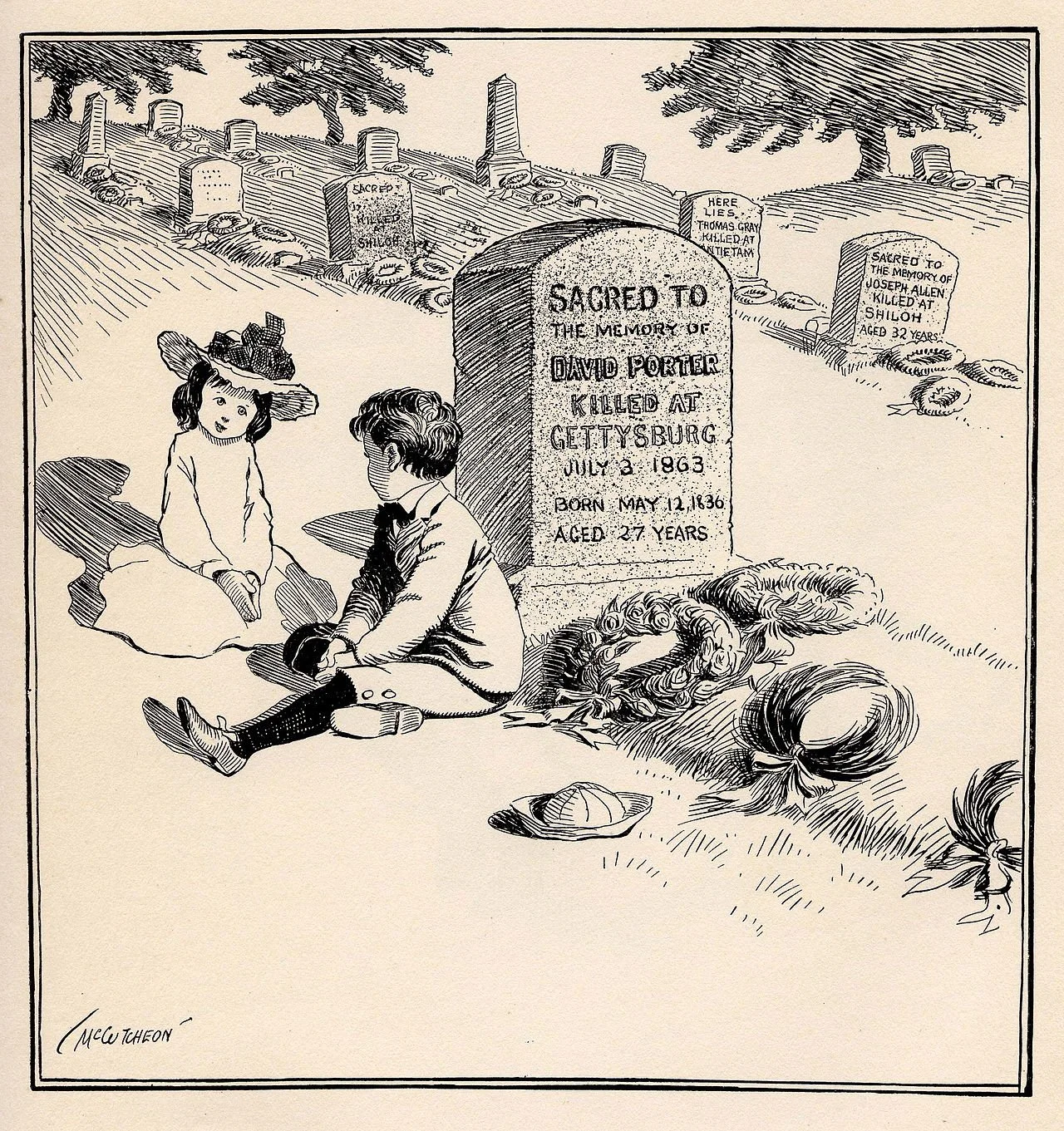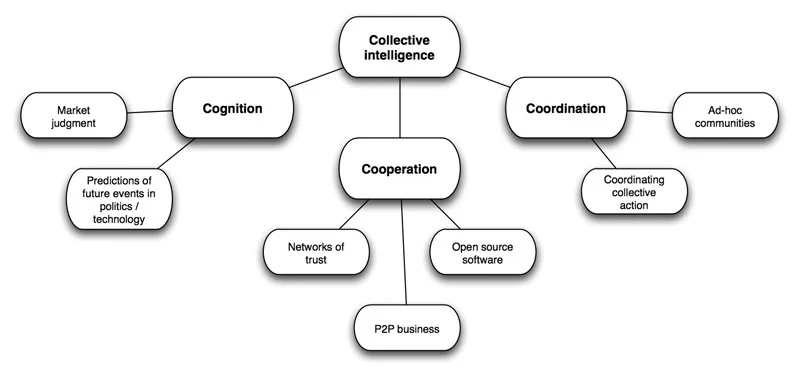The Great Seal of the United States. The Latin means “Out of Many, One’’
“America is deeply divided”: That’s the post-mortem wisdom from this year’s election.
Surveys repeatedly show, however, that most Americans share the same core values and goals, such as responsibility, accountability and fairness. One issue that enjoys overwhelming popular support is the need to fix broken government. Two-thirds of Americans in a 2019 University of Chicago/AP poll agreed that government requires “major structural changes.”
President-elect Biden has a unique opportunity to bring Americans together by focusing on making government work better. Extremism is an understandable response to the almost perfect record of public failures in recent years. The botched response to COVID-19, and continued confusion over imposing a mask mandate, are just the latest symptoms of a bureaucratic megalith that can’t get out of its own way. Almost a third of the health-care dollar goes to red tape. The United States is 55th in World Bank rankings for ease of starting a business. The human toll of all this red tape is reflected in the epidemic of burnout in hospitals, schools, and government itself.
More than anything, Washington needs a spring cleaning. Officials and citizens must have room to ask: “What’s the right thing to do here?” If we want schools and hospitals to work, and for permits to be given in months instead of years, Americans at every level of responsibility must be liberated to use their common sense. Accountability, not suffocating legal dictates, should be our protection against bad choices.
But there’s a reason why neither party presented a reform vision: It can’t be done without cleaning out codes that are clogged with interest-group favors. Changing how government works is literally inconceivable to most political insiders. I remember the knowing smile of then-House Speaker John Boehner’s (R.-Ohio) when I suggested a special commission to clean out obsolete laws, such as the 1920 Jones Act, which, by forbidding foreign-flag ships from transporting goods between domestic ports, can double the cost of shipping. I also remember the matter-of-fact rejection by then-Rep. Rahm Emanuel (D.-Ill.) of pilot projects for expert health courts — supported by every legitimate health-care constituency, including AARP and patient groups — when he heard that the National Trial Lawyers opposed it: “But that’s where we get our funding.”
Cleaning the stables would help everyone, but the politics of incremental reform are insurmountable. That’s why, as with closing unnecessary defense bases, the only path to success is to appoint independent commissions to propose simplified structures. Then interest groups and the public at large can evaluate the overall benefits of the new frameworks.
Over the summer, 100 leading experts and citizens, including former governors and senators from both parties, launched a Campaign for Common Good calling for spring cleaning commissions. Instead of thousand-page rulebooks, the Campaign proposed that new codes abide by core governing principles, more like the Constitution, that honor the freedom of citizens and officials alike to use their common sense:
Six Principles to Make Government Work Again
Govern for Goals. Government must focus on results, not red tape. Simplify most law into legal principles that give officials and citizens the duty of meeting goals, and the flexibility to allow them to use their common sense.
Honor Human Responsibility. Nothing works unless a person makes it work. Bureaucracy fails because it suffocates human initiative with central dictates. Give us back the freedom to make a difference.
Everyone is Accountable. Accountability is the currency of a free society. Officials must be accountable for results. Unless there’s accountability all around, everyone will soon find themselves tangled in red tape.
Reboot Regulation. Too few government programs work as intended. Many are obsolete. Most squander public and private resources with bureaucratic micromanagement. Rebooting old programs will release vast resources for current needs such as the pandemic, infrastructure, climate change, and income stagnation.
Return Government to the People. Responsibility works for communities as well as individuals. Give localities and local organizations more ownership and control of social services, including, especially, for schools and issues such as homelessness.
Restore the Moral Basis of Public Choices. Public trust is essential to a healthy culture. This requires officials to adhere to basic moral values — especially truthfulness, the golden rule, and stewardship for the future. All laws, programs and rights mist be justified for the common good. No one should have rights superior to anyone else.
Is America divided? Many of the problems that caused people to take to the streets this year reflect the inability of officials to act on these principles. The cop involved in the killing of George Floyd should have been taken off the streets years ago — but union rules made accountability impossible. The delay in responding to COVID was caused in part by ridiculous red tape. The inability to build fire breaks on the west coast was caused by procedures that disempowered forestry officials.
The enemy is not each other, as President-elect Biden has repeatedly said. The enemy is the Washington status quo — a ruinously expensive and paralytic bureaucratic quicksand. Change is in the air. But the politics are impossible. That’s why one of first acts of President Biden should be to appoint spring cleaning commissions to propose new frameworks that will liberate Americans at all levels of responsibility to roll up their sleeves and make America work again.
American government needs big change, but the changes could hardly be less revolutionary. Instead of attacking each other, Americans need to unite around core values of responsibility and good sense.
Philip K. Howard is founder of Campaign for Common Good. His latest book is Try Common Sense. Follow him on Twitter: @PhilipKHoward.
Mr. Howard, a lawyer, is the founder and chairman of the nonprofit legal- and regulatory-reform organization Common Good (commongood.org), a New York City-based civic and cultural leader and a photographer. This piece first ran in The Hill.


























